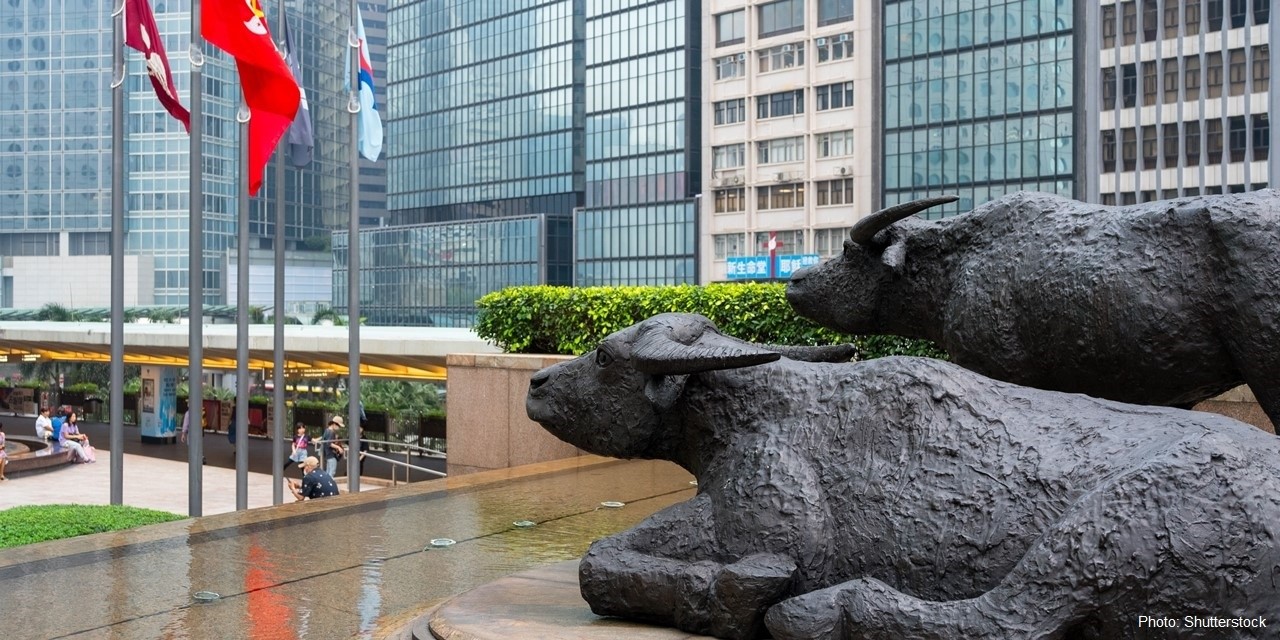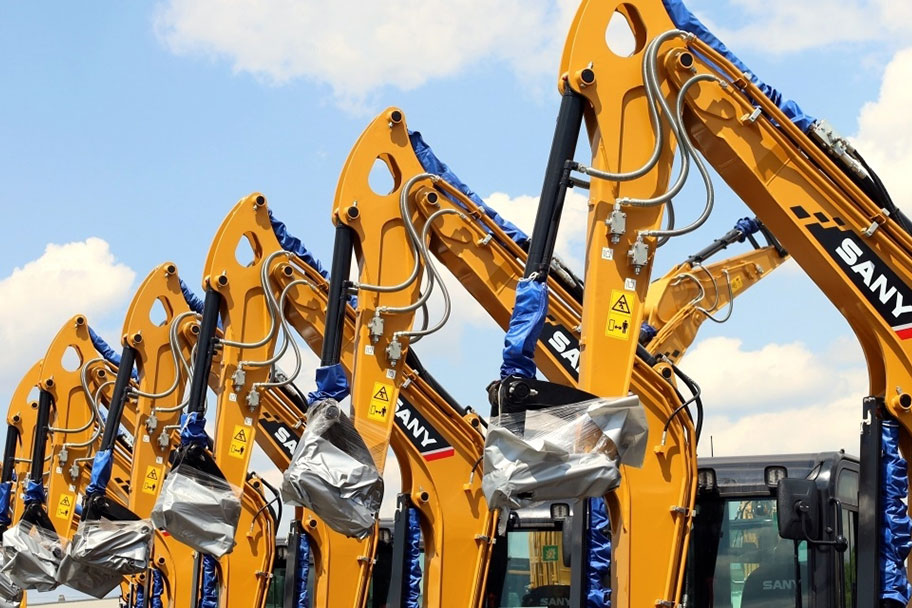Hong Kong opens its doors to stablecoins
New licenses will promote city as a premier digital assets hub.

Hong Kong’s reputation as a major fintech hub continues to grow.
The city’s Legislative Council passed the Stablecoins Bill in May, setting out plans to supervise activities involving stablecoins and introduce a licensing regime.
The city is now preparing to grant its first licenses for stablecoins – an increasingly popular form of digital currency – drawing widespread interest from potential issuers, service providers and users.
Hong Kong’s first law governing stablecoins is due to come into force on 1 August, consolidating the SAR’s status as a forward-thinking financial centre. The first successful applicants for a license may be confirmed by early next year.
Standard Chartered, a multinational bank with stablecoin ambitions of its own, projects the market to grow rapidly from about US$250 billion today to around US$2 trillion by 2028.
Unlike more volatile cryptocurrencies, such as bitcoin, stablecoins are typically backed by real-world assets, making them more useful as a medium of exchange. Almost all stablecoins in circulation today are pegged to the US dollar.
By maintaining a steady value, stablecoins can strengthen links between blockchain-based transactions and traditional finance.
One area of particular interest is in cross-border digital trade, in which stablecoins promise to bring down costs and speed up payments.
New rules worldwide
Other major jurisdictions have also enacted laws regulating stablecoins, including Japan, Singapore, the EU and US, as financial centres compete for an early lead in this emerging space.
In Hong Kong, the Hong Kong Monetary Authority (HKMA) will oversee the licensing regime, covering stablecoins backed by the Hong Kong dollar as well as other currencies.
Some big names have publicly confirmed their interest. These include Chinese digital giants JD.com and Ant Group, Circle, the first stablecoin firm to go public, which listed on the New York Stock Exchange in June, and Standard Chartered.
More than 40 firms reportedly plan to apply for a license, although HKMA officials have indicated that only a handful of licenses will be granted initially.
Licensees will be required to hold liquid assets with the same value of any stablecoins that they have issued, with a minimum of HK$25 million in paid-up capital.
The new rules aim to help safeguard monetary and financial stability in Hong Kong, while strengthening the city’s status as an international financial centre.
A market for innovation
Plans to create a thriving ecosystem for stablecoins also support the Hong Kong SAR Government’s broader aims to create a trusted market for financial innovation that delivers concrete benefits for the real economy and financial markets.
An updated policy statement on developing digital assets – issued by the Financial Services and the Treasury Bureau in June – outlined how Hong Kong can balance investor protection and market competitiveness by focusing on enhancing liquidity, diversifying product offerings and strengthening its position as a global hub for digital assets.
The policy statement also noted how stablecoins have the potential to transform some key areas, such as payments, supply chain management and capital market activities, by offering a cost-effective and efficient alternative to traditional systems.
Over the past few years, digital and virtual assets have become key topics at the Asian Financial Forum, an annual gathering of global business leaders and policymakers in January co-organised by the Hong Kong SAR Government and the Hong Kong Trade Development Council (HKTDC).
The HKTDC is committed to further enhancing Hong Kong’s capabilities as a value chain centre by driving innovation and promoting trade digitalisation.
Original article published in https://hkmb.hktdc.com




